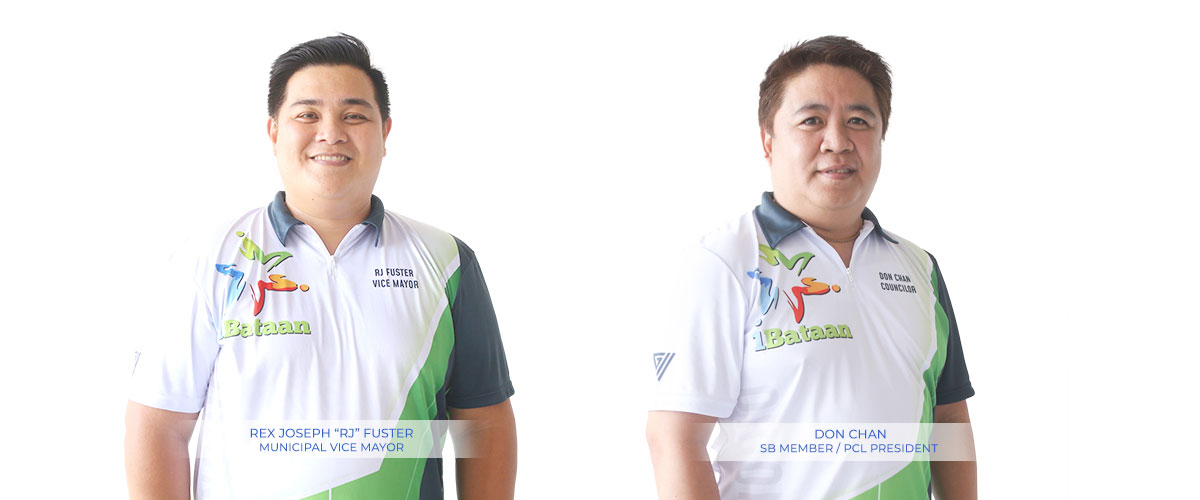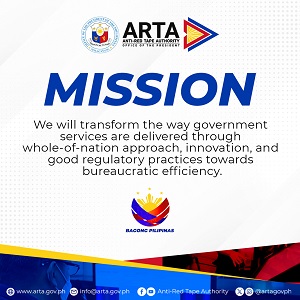During the past few years, people using internet have increased dramatically. This trend continues in the present times due to the many benefits given by this wonderful technology. The internet provides a very helpful tool in the field of communication in a matter of seconds. With the use of email sites, one does not wait continue reading : Advantages of Internet to Students

Importance of Learning English Language for Students
Every Country has a language that it uses to communicate with the rest of the world. When we engage with the issues in our environment, it acts as a platform for all of us to share our messages and deepen our understanding of many topics. It also enables us to communicate with others in the continue reading : Importance of Learning English Language for Students

LAPTOP: A Useful Tool for Learning
Using laptops facilitates learning, impacts students’ life and work, as well as the school’s culture, the method and caliber of work completed by students, and the social relationships among them. These days, most people use laptops for schoolwork and are frequently involved in it. It is really helpful since it makes it simple for continue reading : LAPTOP: A Useful Tool for Learning

WE ARE NOT ALONE
The system of education cannot be established by the sector of education and its constituents alone. Throughout the history of Philippine education, different sectors and stakeholders have pushed the country’s literacy to greater heights. Starting from the funding from the highest form of government to the support and cooperation of the local government units (LGUs), continue reading : WE ARE NOT ALONE

Equipping Educators and Learners for Tomorrow
The Matatag Curriculum is a transformative educational framework set to revolutionize learning in the Philippines. Rooted in the principles of resilience and adaptability, it aims to equip students with essential skills for navigating the complexities of the 21st century. By integrating core competencies such as critical thinking, collaboration, and socio-emotional learning across all subjects, the continue reading : Equipping Educators and Learners for Tomorrow

Downhill of Inclusive Education
Inclusive education, once celebrated as a symbol of progress in schools worldwide, is facing a troubling decline. Its goal is to ensure that every student, no matter their background or abilities, gets a meaningful education in regular classrooms. But it’s running into many problems. There’s not enough support for students with different needs. Many schools continue reading : Downhill of Inclusive Education

Oplan Kontra Init
Ayon sa PAGASA nasa dangerous level na ang init ang nararamdaman natin ngayong summer, posibleng umakyat pa ito sa extreme danger kung papalo ang heat index ng 50° celcius pataas. Heat Index ang tawag sa init ng panahaon na nadarama ng katawan ng isang tao. Ngayong tag-init ang matagal na pagkabilad sa init ng araw continue reading : Oplan Kontra Init

Guro Ako, Hindi perpekto!
Pangalawang magulang kung ituring ng mga mag-aaral sa loob ng paaralan. Huwaran o modelo ang tawag ng karamihan, hindi sa rampahan bagkus sa kabutihang asal. Kaya naman mataas ang tingin ng iba, kung minsa pa’y perpekto sa paningin nila. Ngunit ang hindi alam ng karamihan, kaming mga guro ay tao din, tao din na nakadarama continue reading : Guro Ako, Hindi perpekto!

Home Visitation: Pagsalba sa mag-aaral
Sa apat (4) na sulok ng silid-aralan ay ang ilang mga kuwento na hindi nakikita ng ating mga mata bilang isang guro. Mga matatamis na ngiti at maskarang pilit na ikinukubli ng mga mag-aaral sa mga tunay nilang nadarama sa kanilang mga emosyon at tunay na kinakaharap sa bawat hamon ng buhay. Bilang guro, maaring continue reading : Home Visitation: Pagsalba sa mag-aaral

THE PRO’S AND CON’S OF CHATGPT
In classrooms across the Philippines, a new assistant has joined the ranks, quietly changing the way students and teachers interact with learning. This assistant goes by the name of CHATGPT, an AI-powered tool that’s stirring up both excitement and curiosity among educators. The advantages it brings are pretty clear. First off, it’s accessible to everyone, continue reading : THE PRO’S AND CON’S OF CHATGPT

FULL DISCLOSURE REPORTS
ANNUAL BUDGET REPORT
ANNUAL GENDER AND DEVELOPMENT ACCOMPLISHMENT REPORT
ANNUAL PROCUREMENT PLAN
STATEMENT OF INDEBTEDNESS PAYMENTS AND BALANCES
20% OF THE NATIONAL TAX ALLOTMENT UTILIZATION
BID RESULTS ON CIVIL WORKS GOOD AND SERVICES AND CONSULTING SERVICES
LOCAL DISASTER RISK REDUCTION AND MANAGEMENT FUND UTILIZATION
MANPOWER COMPLEMENT
STATEMENT OF RECEIPTS AND EXPENDITURES
TRUST FUND UTILIZATION
QUARTERLY STATEMENT OF CASH FLOW
REPORT OF SPECIAL EDUCATION FUND UTILIZATION
UNLIQUIDATED CASH ADVANCES
SUPPLEMENTAL PROCUREMENT PLAN
PROCUREMENT OPPORTUNITIES
Anti Red Tape
Teacher Corner
Teachers Corner- Advantages of Internet to Students
- Importance of Learning English Language for Students
- LAPTOP: A Useful Tool for Learning
- WE ARE NOT ALONE
- Equipping Educators and Learners for Tomorrow
- Downhill of Inclusive Education
- Oplan Kontra Init
- Guro Ako, Hindi perpekto!
- Home Visitation: Pagsalba sa mag-aaral
- Feeling the Heat: How Extreme Weather affects Education in the Philippines
Applicants for Marriage License
Marriage- JOHN NICHOLSON D. PERONA & CHEYSERR Y. CATALAN
- BERNANRD M. ANGELES & CHRISTIANNA MAY C. DELOS REYES
- MARK ANTHONY LINGAD BAGTAS & CIRAM CLAIRE GEDALANGA SERRANO
- MARLON MARAYAN SUDLA & RACHELLE ANN BANTOG CRUZ
- MARVIN B. DUGAN & IRISH ANN D. DE JESUS




















